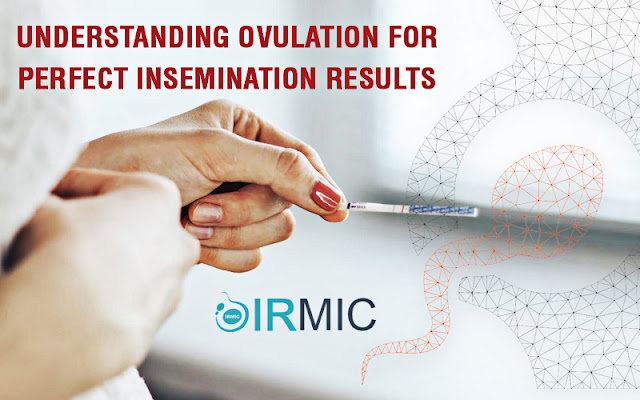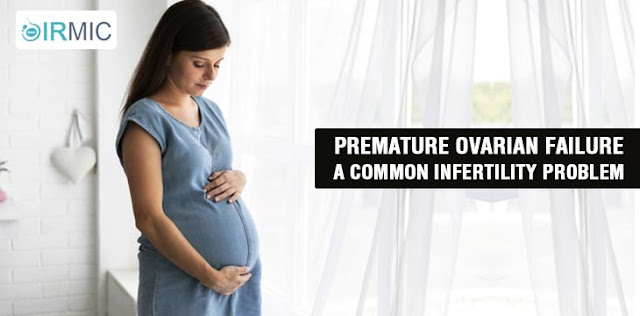Understanding Ovulation For Perfect Insemination Results
When becoming pregnant, ovulation is the decisive factor for success. Are you intending to become pregnant, it is consequently necessary to know how ovulation operates in order to increase your chances of prosperity? But first let’s understand what is ovulation, how does it work, and when should you introduce the donor sperm? These are some of the problems we need to understand.
Defining ovulation?
In each menstrual cycle, a seasoned egg is discharged from the woman’s ovary, and this process is termed as ovulation. Once discharged the mature egg travels through the fallopian tube and is made ready for fertilization. Usually only one egg is discharged, but in rare cases several eggs are released.
A natural menstrual cycle happens every 28-32 days wherein some may have longer or shorter cycles, and the ovulation happens in the midst of the cycle, around 14 days after the first menstrual day.
The time of the menstrual cycle is calculated from the first day of a menstrual period onset till the first day of the subsequent period. If we start analyzing the cycle it can be divided into four different phases wherein the length of each phase differs among women and depends on the total length of the cycle:
The menstrual phase:
The period originates on the first day of the period, which is the outcome of the preceding cycle where the mature egg was not generated. This phase usually lasts almost from 4 to 7 days.
The pre-ovulatory phase:
The pre ovulatory phase also starts on the first day of the period and ordinarily persists approximately 10 to 17 days. Throughout these days, the level of your Follicle Stimulating Hormone (FSH) rises, which activates follicles to grow into mature eggs. Ordinarily, up to thousands of follicles are discharged during each cycle, but only one follicle will evolve into a mature egg and be discharged. Before the egg is discharged, the uterine lining thickens to qualify for implanting the mature egg into the uterus.
The ovulatory phase:
Ovulation appears in the midst of the menstrual cycle in reply to a peak in the level of oestrogen, right when the follicular phase is over. The oestrogen level triggers a release of the Luteinizing Hormone (LH) which stimulates the egg to push into the ovary wall and ultimately into the fallopian tube within 24-36 hours where it is made available for fertilization. This is the best time for insemination because if the egg is fertilized, it will adhere to the uterine wall.
The luteal phase:
The luteal phase lasts for about 14 days and is the ultimate stage in the cycle until the following menstrual phase begins unless fertilization occurs. This phase is marked by a decrease in the level of FSH and LH. If the egg is not getting fertilized, the body will discard the hardened uterine lining.
Some facts about Ovulation
Every Woman born has approximately 1 million follicles and each month to thousands of follicles are released from the ovary but usually, only one follicle will grow into a mature egg. The age of this matured egg is between 12-24 hours after leaving the ovary. The cycle lasts normally between 28-32 days, but some women may have shorter or longer cycles. Ovulation may occur even if your period has not occurred and vice versa. Moreover, the Ovulation may even vary and fall on a different day of each month and at different times during your cycle because of your lifestyle so need not to worry.
Tracking ovulation
The more confident you are of the period of your cycle, the easier it is for you to predict when your ovulation occurs. We all know that the length of the menstrual cycle varies among women, so if you are looking to become pregnant it is advised to note each time your period starts. In that way, one can predict the length of her menstrual cycle and consequently also determine when the ovulation occurs on a monthly basis. Once sure about the most fertile days when the egg has been released and have an correct idea of your ovulation you can inseminate the sperm straw.
Reference
For more advice please contact the best infertility clinic in Delhi Dr RK Sharma a world renowned IVF specialist with experience of having performed over 15000 IVF cases. He has provided IVF treatment to many in the country.




Comments
Post a Comment